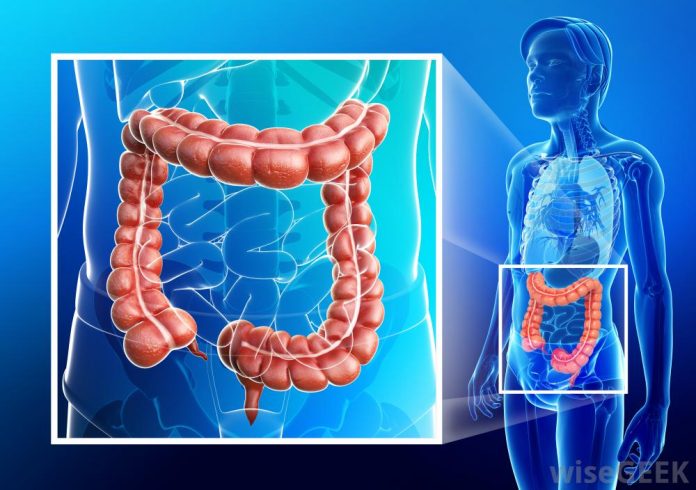Bowel inflammation
Inflammation of the intestine includes inflammation of the stomach, colon and small intestine, but often affects the small intestine, often caused by eating foods contaminated with viruses or bacteria, and affects people at different ages, but in the case of the elderly or infants will lead to serious complications, and in this article we will talk about inflammation of the bowel, its causes, the most known symptoms and how to diagnose it and the methods of treatment.
Causes of bowel infection
There are many reasons behind the inflammation of the bowel, most notably:
- Bacterial infection is often caused by eating food or water contaminated with bacteria or by eating food contaminated with animal bacteria, such as eating unpasteurized milk or eating meat and poultry that is not well cooked. The most prominent bacteria that cause inflammation are staphylococcus aureus, salmonella, shigella and E. coli. .
- Inflammatory bowel inflammation, this type occurs after radiotherapy used to treat cancer, which aims to eliminate rapidly dividing cancer cells, which also destroys healthy cells and causes inflammation. The condition is often cured within several weeks of stopping radiation therapy.
- Inflammation caused by certain immune diseases such as Crohn’s disease.
- Inflammation can result from some medications.
Symptoms of bowel inflammation

Symptoms of the infection start from a few hours to several days of the onset of inflammation, symptoms include the following:
- Feeling very painful and cramps in the abdomen.
- Continuous or intermittent diarrhea.
- Feeling of flatulence.
- Fever and high body temperature.
- Anorexia.
- Vomiting.
Diagnosis of bowel inflammation
- Clinical examination of the patient and the doctor take the history of the patient and know the symptoms that he is suffering from.
- Check the stool, through which it is possible to know the presence of any bacteria or microbes causing inflammation.
- A comprehensive blood test, and often a rise in white blood cell count will indicate the presence of inflammation.
Treatment of bowel inflammation
The person is often cured within a few days of the infection and often does not require any medical intervention, but the patient must drink plenty of fluids, but in cases of severe inflammation, which lasts more than several days, especially if the patient is a child or an elder must receive medical care, and the treatment include:
- Receiving intravenous solutions, containing salts on water and elements such as sodium and potassium, the treatment aims to prevent complications such as drought.
- If the patient is receiving radiotherapy, it should be stopped or changed.
- Antibiotic treatment.



